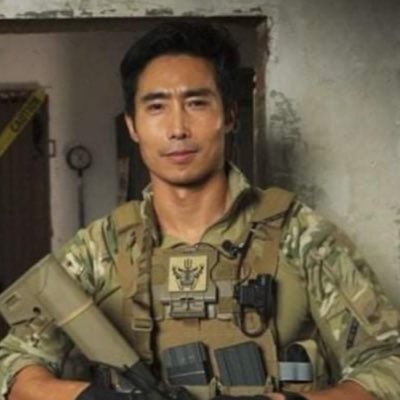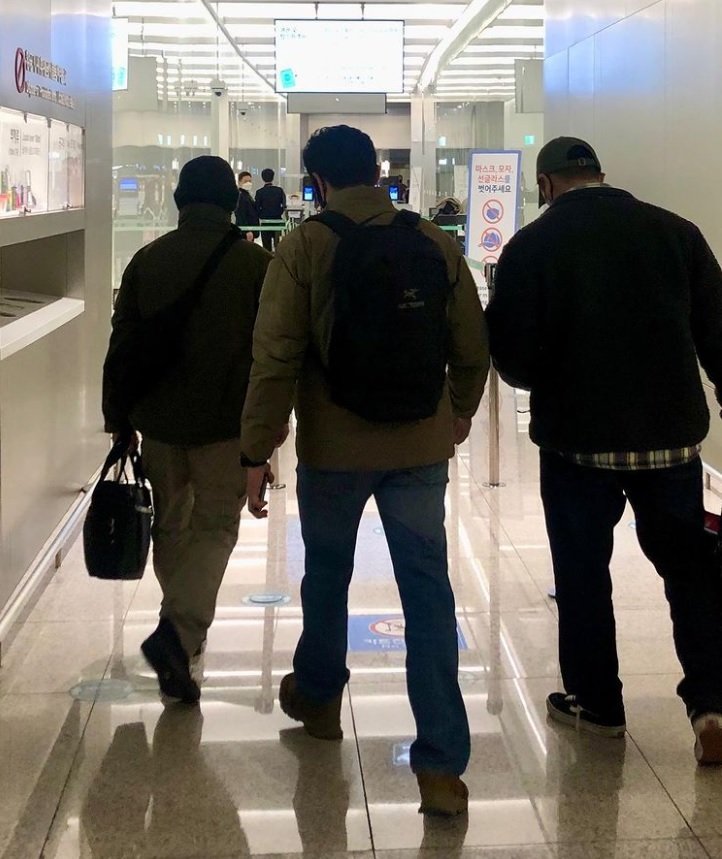
Several days ago, Lieutenant Ken Rhee (이근 대위) - a South Korean Navy reservist, CEO of a private security consulting group, and YouTuber - announced that he and his team have left for Ukraine. By doing so, he violated South Korea's Passport Act. 







South Korea's Passport Act states: Any person who visits or stays in a country or region publicly notified as a country or region where visits or sojourn is prohibited shall be punished by imprisonment with labor for not more than one year or by a fine not exceeding ₩10 million.
The Ukrainian government announced the formation of a legion of foreign fighters who are willing to volunteer to help defend Ukraine from Russian aggression. Since then, thousands of people have signed up. Lieutenant Ken Rhee is one of them.
time.com/6155670/foreig…
time.com/6155670/foreig…
For his troubles, South Korea's Ministry of Foreign Affairs has formally pressed charges against Lieutenant Ken Rhee for violating the Passport Act. Not only has his passport been invalidated, but he will also face arrest when he returns to South Korea.
yna.co.kr/view/MYH202203…
yna.co.kr/view/MYH202203…
I want to say that I know nothing about Lieutenant Ken Rhee. I've only seen a couple of his YouTube videos, and I'm not sure how serious he is. I have no opinion about him whatsoever. But I believe it's wrong for the South Korean government to prosecute him.
Why should an individual - especially one who has already completed his obligation to serve in the military - be prevented from volunteering to fight for another country? He's not fighting under the South Korean flag. His participation doesn't represent the government's position.
George Orwell fought in the Spanish Civil War for the POUM militia of the Republican Army. I don't recall ever reading about Orwell being prosecuted by the British government for that.
wsj.com/articles/homag…
wsj.com/articles/homag…
Furthermore, Lieutenant Ken Rhee isn't fighting for a rebel army or a terrorist organization. He's fighting for Ukraine - a legitimate and sovereign nation state - which is defending itself from a Russian military onslaught that has indiscriminately targeted scores of civilians.
As an individual citizen acting on his own accord, the South Korean government doesn't owe him anything. No medals or honors or commendations await him when he returns. Nor should he be rewarded. But he doesn't deserve to be prosecuted either.
Not for the first or the last time, I find the South Korean government's actions shameful.
• • •
Missing some Tweet in this thread? You can try to
force a refresh



